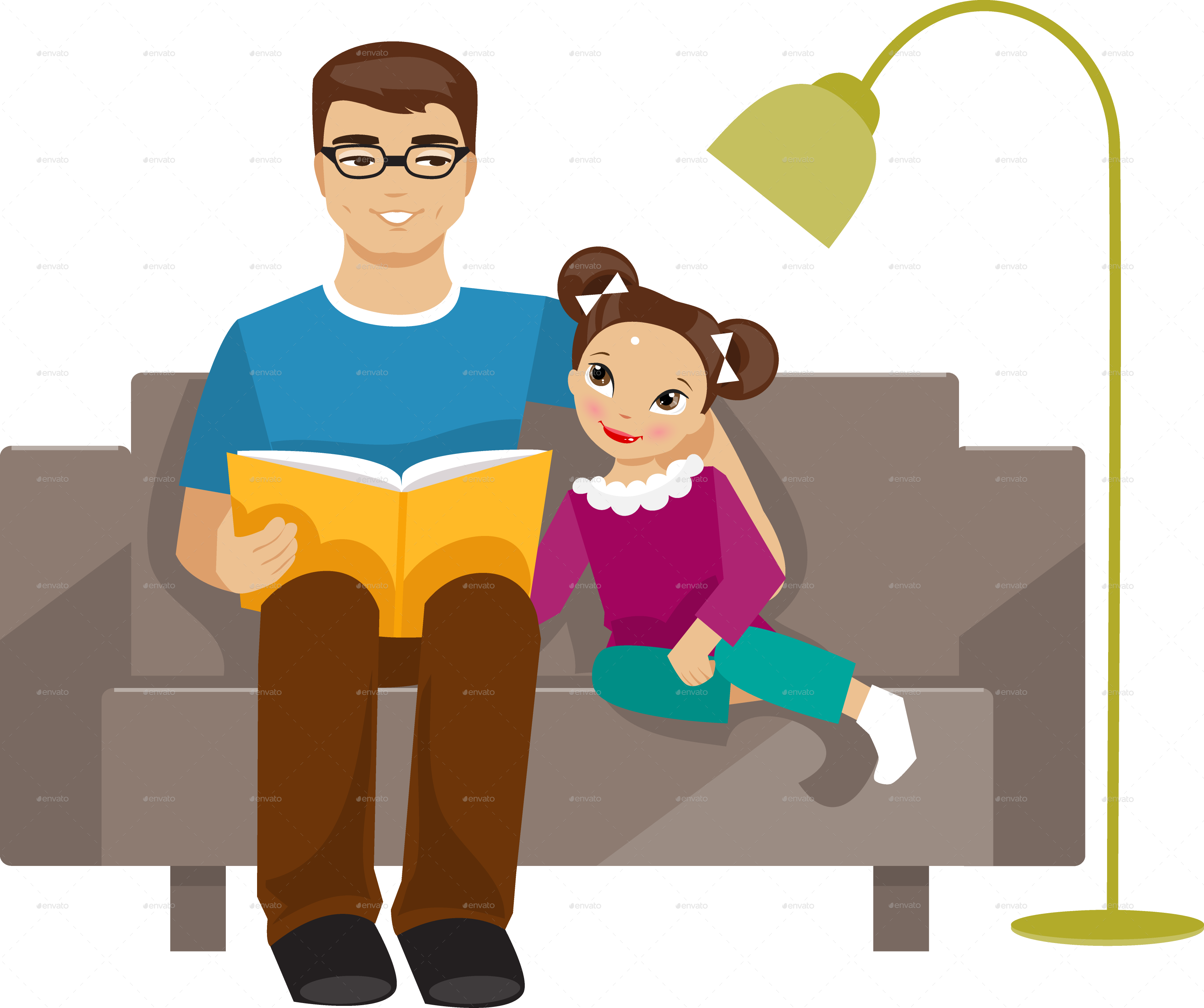

Those now in their late 20s and 30s grew up during the Celtic Tiger, when the unquestioned narrative was that young people in Ireland could go to college or start working, and would soon not only buy their first homes but get on “the property ladder”, accumulating capital along with independence, life experience and the milestones cited as evidence of a successful, respectable life: house, relationship, marriage, children – ideally by the time they were 30. While abstract conversations about the cost of living and rental crisis are ongoing, there’s still a lack of acknowledgment about the particular ways that being forced to live at home can affect people’s mental health, sex and dating lives, and their sense of self as an adult. The startling figure, which has doubled over the past decade and far exceeds the European average of just over four in 10, was highlighted in a Eurostat report published in August.


Almost seven out of every 10 young people in Ireland aged 25-29 still live at home with their parents.


 0 kommentar(er)
0 kommentar(er)
